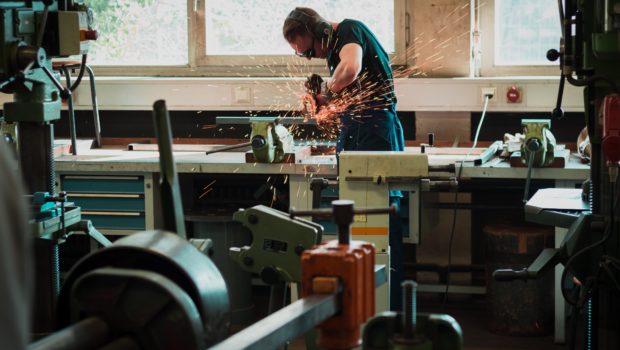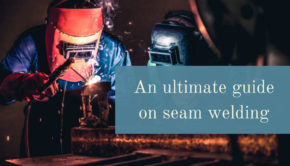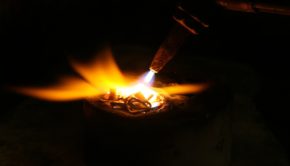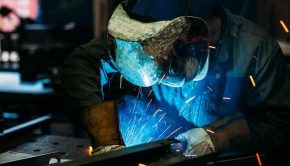Technological Differences in Transformer and Inverter Welding Machines
One of the most hotly debated topics in the welding industry is the difference between a transformer and inverter welder. If you really want to cause a ruckus among welders, ask them which is better – transformer or inverter tech? If we were to give a short answer, it is as easy as saying – “Well, it depends.” However, nobody wants a simple answer to a difficult question so we have gone a bit deeper to find the basic differences and see which one holds an advantage.
The Origin
It all began in the 1800s when electricity became commonplace. Thus in the 1900s, people soon started realizing that transformers can be used in arc welding. After years of development, transformers evolved and began to be used as standards in stick welding. Transformers already exist for half a century and are considered the granddaddy of welding. On the other hand, inverters have only been here for the last twenty-something years. With the development of the software and the electronic industries, software-controlled inverters started to be used for welding. Their popularity grew during the 2000s due to their versatility and the ability to control the arc.
Weight and Portability
When it comes to weight, transformer-based machines are a lot heavier than inverters. We are talking a lot. Inverters are a lot lighter and can be carried easily around the working area. The only way a transformer might work is if you are doing some stationary welding. But if your aim is portability, then an inverter has all the advantages in the world.
Efficiency and Stability
Inverter welders also have an advantage when it comes to efficiency. Although transformer technology has come a long way since its infancy, it is still incomparable to inverter tech. A standard inverter will take half as much amperes compared to a transformer welder to reach the same amount of volts. Most inverter welders can be plugged in a standard house socket and you don’t need those 220V plugs. Also, inverters are able to run on both AC and DC. In the beginning, they only used AC but still had better stability as opposed to a DC transformer welding machine.
The Cost
When it comes to the cost, it depends on how you decide to look at it. Short term, transformers are less pricey as you don’t have to pay so much upfront to buy one. However, when it comes to the long-term a transformer can save you a bit more money. Inverters use less electricity and, based on the opinion of experts, can save you up to 10% of the power. Thanks to improved arc stability, inverters also use fewer consumables and don’t require so much welding gas. Some agree that an inverter will pay for itself in quite a short period of time.
Longevity
Transformers have a higher duty-cycle that means that they are able to endure more heavy-duty work compared to inverter welders. Transformer tech has been around for ages, so we already know what to expect. They have been able to prove their worth and welders know what they are getting and for how long with a transformer machine. On the other hand, inverters are still fairly young and are being analyzed in terms of their longevity. You are able to pack a lot of power into a smaller, lightweight machine, but the question remains for how long is still not clear. Improvements are being made, but transformers are currently considered as the long-lasting kind.
Versatility
When it comes to being able to use a machine for different purposes, on various types of metal, and in all kinds of positions, an inverter has more range. Since inverter machines have software that can be easily adjusted, you can switch to whatever you want in as little as a few minutes to determine your preferences. On the other hand, if your aim is to weld mild steel all day, then a transformer is well and good. Unfortunately, welders, today need to work on different types of materials and require more range. So an inverter is what most are looking for.
The Verdict
If we take all the mentioned things into account, it seems that inverter tech has a bigger role in the contemporary welding industry. However, it doesn’t have to be. It all depends on the welder’s needs and the work that they are doing. Generally speaking, a welder will ultimately decide which to use based on their personal preference.
Photo by Maxime Agnelli on Unsplash
















